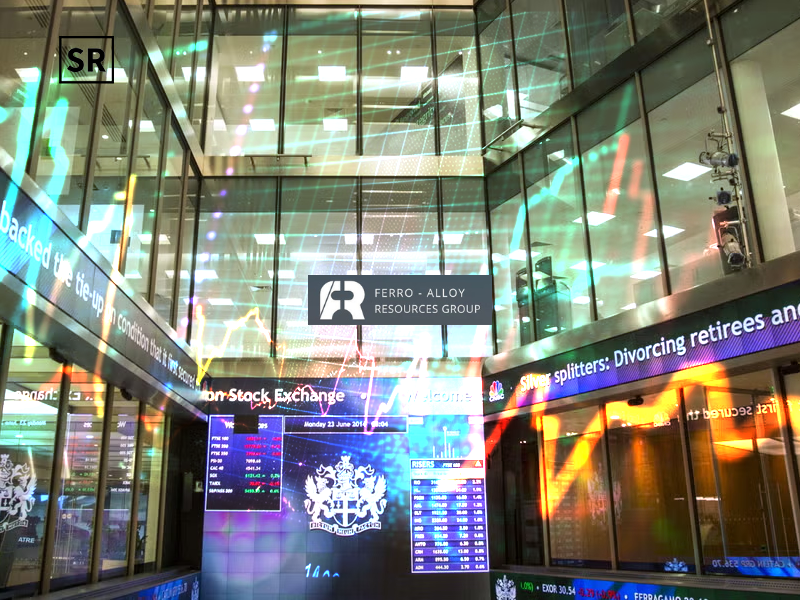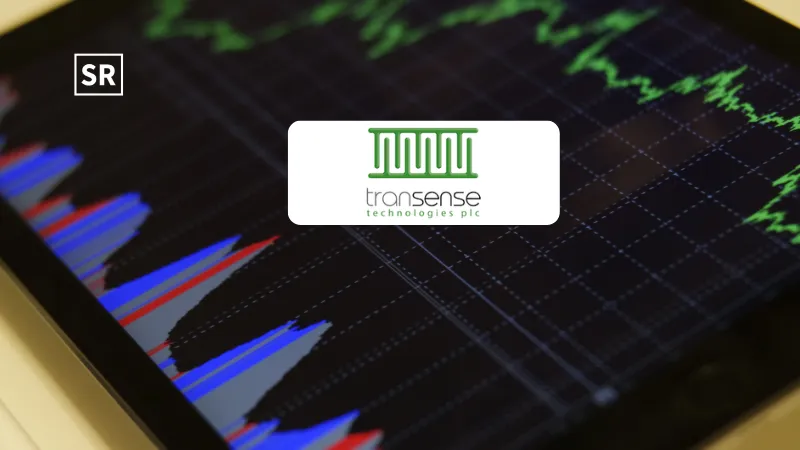
Switzerland is renowned for its robust, stable and discreet banking system making it an attractive destination for foreigners seeking private or corporate banking services. Swiss banks are known for high levels of confidentiality, wealth management expertise and strong regulatory oversight.
Key Features:
- Types of Banks: Includes major global banks, regional banks, and private banks specializing in wealth management.
- Foreign Access: Foreigners can open accounts, though due diligence requirements are strict. Non-residents must provide detailed documentation.
- Account Types: Personal, corporate, savings, and investment accounts are available in multiple currencies.
- Minimum Deposits: Private banking may require high minimum deposits, while retail accounts may have lower thresholds.
- Confidentiality: Although banking secrecy has been reduced under international pressure, Swiss banks still offer privacy within legal frameworks.
Read Also - Retail Merchant Account
Overview
Switzerland has one of the safest and most trusted banking systems in the world. This is due to its strong economy, political stability and a long tradition of protecting client privacy. Swiss banks serve both local and international customers, offering services such as everyday banking, private banking, wealth management, and business finance. In the past, Swiss banks were known for strict secrecy, but international rules like FATCA and the Common Reporting Standard (CRS) now require them to share some information with tax authorities in other countries. Even so, Swiss banks still offer a high level of privacy within the law.
Major banks like UBS and Credit Suisse (now part of UBS) operate alongside many regional banks and private banks such as Julius Baer, Pictet, and Lombard Odier. All banks are regulated by FINMA, the Swiss financial authority, which ensures the system is secure and trustworthy. Swiss banks also offer accounts in different currencies, advanced investment services, and easy-to-use online banking. Because of this, they continue to be a popular choice for people around the world who want to manage and protect their money.
Currency in Switzerland
The official currency of Switzerland is the Swiss Franc, abbreviated as CHF. It is known for its stability and strength making it one of the world’s most trusted currencies. The Swiss Franc is used in both Switzerland and the neighboring country of Liechtenstein. It is issued and managed by the Swiss National Bank (SNB). One Swiss Franc is divided into 100 subunits, which are called Rappen in German, centimes in French, centesimi in Italian, and rap in Romansh. Swiss banknotes come in denominations of 10, 20, 50, 100, 200, and 1,000 francs, while coins are available in 5, 10, 20, and 50 centimes, as well as 1, 2, and 5 francs. Known for its security features and attractive design, the Swiss Franc is widely accepted throughout the country and plays a key role in Switzerland’s strong financial reputation.
ATMs in Switzerland
ATMs in Switzerland are widely available and easy to use, offering convenient access to cash in cities, towns, and even many rural areas. They are commonly found at banks, train stations, airports, shopping centers and tourist areas. Most ATMs accept major international debit and credit cards such as Visa, Mastercard, Maestro, Cirrus, and Plus. The machines typically offer instructions in multiple languages including English and dispense Swiss Francs (CHF) only.
Swiss ATMs are known for being reliable, secure, and modern. They usually allow you to withdraw cash, check balances, and in some cases, top up prepaid services or pay bills. Fees may apply depending on your home bank and card provider, so it is a good idea to check with your bank before traveling. Some Swiss banks like UBS and Credit Suisse, offer ATMs that are fee-free for their account holders. Overall, withdrawing money from ATMs in Switzerland is straightforward and safe making it a convenient option for both locals and visitors.
How to Open a Swiss Bank Account
Opening a bank account in Switzerland is a well-structured process, and while it is open to foreigners, it involves strict identity and financial verification due to Switzerland’s strong banking regulations.
Choose the Type of Account
Decide whether you need a personal, business, or private banking account. Foreigners often choose private or investment accounts for asset management while expats and businesses may need standard accounts.
Select a Bank
Choose a bank that suits your needs. Major options include :
UBS
- Credit Suisse
- Julius Baer, Pictet Lombard Odier
- PostFinance
Prepare the Required Documents
You’ll typically need :
- Valid passport or national ID
- Proof of address (utility bill, rental agreement)
- Proof of income or source of funds (salary slips, business documents, tax returns)
- Additional documents if opening a business account (company registration, tax number)
Complete an Application
Applications can be made in person, online, or via mail, depending on the bank. Some banks require an in-person visit, while others allow non-residents to open accounts remotely through certified documentation.
Pass Compliance Checks
Due to anti-money laundering (AML) and tax compliance laws (e.g., FATCA, CRS), banks will review your documents carefully. This process can take several days or weeks.
Fund the Account
Once approved, you will need to deposit a minimum balance, which varies by bank and account type. Private banking accounts may require deposits starting from CHF 100,000 or more while regular accounts may need far less.
Best Traditional Banks for Foreigners in Switzerland
These Swiss banks provide different services to meet various banking needs. Whether you want to open a personal account or start a business in Switzerland, you can find the right bank and services for you.
Raiffeisen Switzerland
Raiffeisen Switzerland is one of the country largest cooperative banks, known for its strong local presence and focus on community banking. It operates as a network of independent regional banks that work together under the Raiffeisen brand. Raiffeisen offers a wide range of services including personal and business accounts, loans, mortgages, and investment products. It is popular among Swiss residents for its customer-friendly approach, accessibility and support for local projects. While it mainly serves domestic clients, Raiffeisen also provides services to foreigners, especially those living or working in Switzerland.
Banque Cantonale de Genève (BCGE)
Banque Cantonale de Genève (BCGE) is a Swiss cantonal bank headquartered in Geneva. Established in 1861, it operates primarily in the Canton of Geneva and serves individuals, businesses and institutional clients. The bank offers a wide range of services including retail banking, corporate banking, asset management, and financial advisory. BCGE is majority-owned by the State of Geneva which gives it a strong regional presence and stability. It plays a key role in supporting the local economy, especially small and medium-sized enterprises (SMEs). The bank is also active in international markets, particularly in trade finance and private banking.
Credit Suisse Group
Credit Suisse Group was a global investment bank and financial services firm headquartered in Zurich, Switzerland. Founded in 1856, it became one of the world’s leading financial institutions, offering services in private banking, investment banking, asset management and wealth planning.
Credit Suisse served clients worldwide, including corporations, governments, institutional investors and high-net-worth individuals. The bank was known for its strong presence in global capital markets and its wealth management expertise.
Conclusion
Switzerland is still a popular and trusted place for foreigners to open bank accounts. It is known for being safe, private and offering high-quality banking services. Swiss banks offer many options for foreign clients, such as accounts in different currencies, investment help, and wealth management. However, new global rules have made it harder for non-residents to open accounts. Banks now require more documents and follow strict checks to prevent money laundering. Big banks like UBS and Credit Suisse (now part of UBS) serve international and wealthy clients, while banks like Banque Cantonale de Genève (BCGE) focus more on local businesses but may still accept foreign clients in some cases. Keep in mind that many Swiss banks ask for a large minimum deposit, especially for private banking. In summary, Switzerland is still a great choice for foreigners who want secure and professional banking, especially if they have significant funds and can meet the stricter requirements.


 Follow us
Follow us Follow us
Follow us















